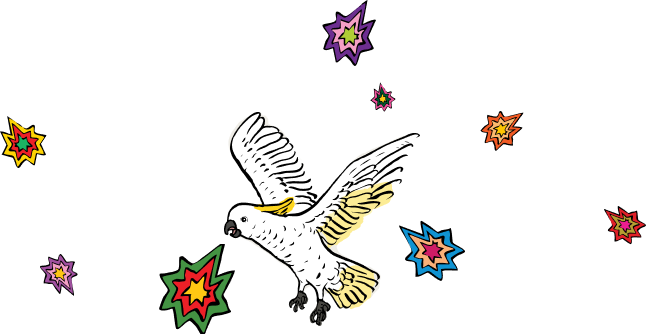Reviewed by: mindshare
This review was written for mindshare, a creative community and online mental health publication. Reflections are by mindshare writers with lived experience of mental illness, specifically critiquing through a mental health lens. Content may contain triggering themes.
“I love the bruised fruit of the world, after all I am one of them” says Fiona O’Loughlin in her show, The Unreliable Witness. This quote perfectly encapsulates the true essence of her latest entertaining act as O’Loughlin regales us with tales of her past, sobriety, current diagnoses and even mind control.
Not one to shy away from the darkest aspects of her personal life, O’Loughlin begins to weave a delicate thread of different tales, leaving the audience curious and hungry for more. It is not the stories themselves that seem to captivate the audience, but rather O’Loughlin herself who demands the attention of the audience and keeps it in her steady palm and the tilt of her playful smile.
Yet it is this authenticity and relatability that gives credence to her own stories. She creates a compelling vision of a woman who is simply not afraid of the stigmas that others dare to label her with. Rather she is a one-woman army, ready to defy and embrace this aspect of herself.
Armed with her dry wit and sarcastic remarks, O’Loughlin brings attention to her mental health and dares us to approach this topic in a new light. She aptly describes how one should not be afraid of stigmas and shows that it is okay to make light of our struggles. That by finding the humour we may come to understand ourselves better. She firmly reminds the audience that there is beauty to be found in the "label".
It is this ability to be frank and direct about mental health which shows the audience that we do not need to be defined by our relationship with the mind. Rather it is the experiences for better or worse that come along that shape us.
And it is liberating to hear as O’Loughlin discusses her current diagnosis of ADHD. Instead of shying away from this topic, O’Loughlin marches ahead. She reveals to the audience that her diagnosis has made her free. Free from the self-deprecating and loathing voice inside her that has seemingly weighed her down most of her life.
Whilst some may find the content of the show confronting or perhaps dismissive of mental illness due its comedic nature, O’Loughlin makes up for it by showcasing how multifaceted mental health is.
After all, O’Loughlin shows a realistic depiction of the recovery process and allows the audience to realise that this journey is not linear. Rather O’Loughlin indirectly reminds the audience the importance of a support system, of having people who simultaneously care deeply and dare to hold us accountable for our actions.
As she ends the show with a stunning rendition of “Danny Boy”, O’Loughlin shows an authentic portrait of a woman who has struggled, only to come out the other side liberated and at peace with her past. She dares to embrace her own inner unreliable witness.
Perhaps that is what the show reveals best. That it is okay to embrace being a bruised fruit. As O’Loughlin sings her final note, she has proved once more that the stories and experiences we create by accepting ourselves only serve to enrich us. Four stars.




